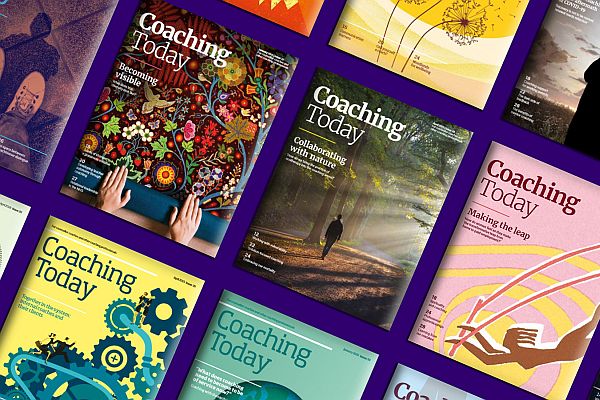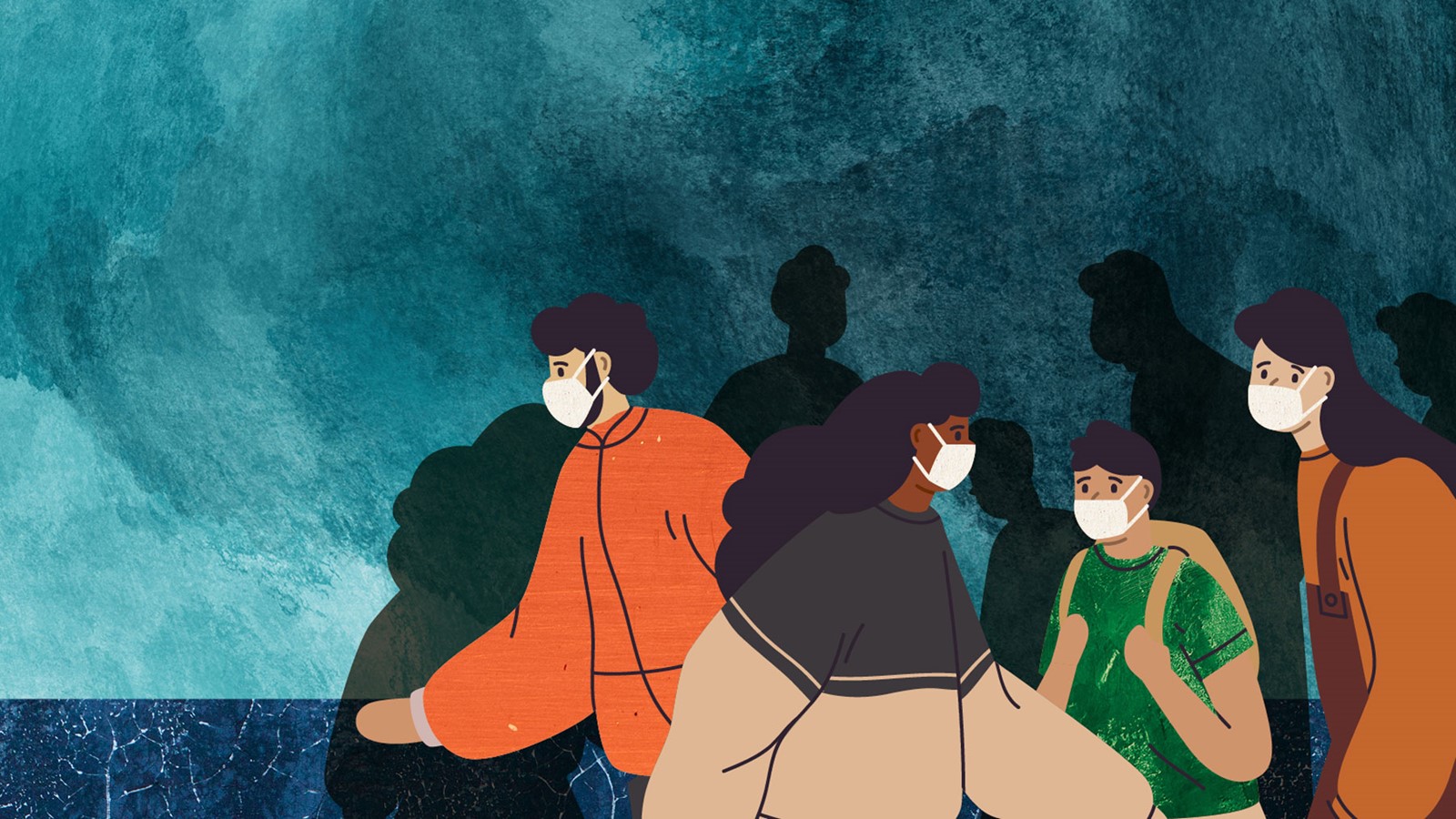The weather, and indeed the world, feels doomy and gloomy just now, which is reflected in the news, social media feeds, journals and personal conversations, as well as our counselling, psychotherapy and supervision sessions. Working in private practice with young people and families, I’ve noticed a steady increase in referrals, and have been at full capacity since the start of the pandemic.
In his article, published in the September issue, Anthony Kessel wrote that, ‘...there has been a significant rise in the demand for services for depression, anxiety, phobias, eating disorders, [and] obsessive compulsive disorder.’ In this issue, Fred Crossman discusses The legacy of COVID-19 and references figures which suggest that almost a quarter of a million young people were referred to NHS Mental Health Services between January and March 2022, which is half as many as the total referred for the whole of 2021 in just three months. That’s high demand to meet a high level of complex need, and we know that services are under-resourced. Fred shares the ways that schools are responding to support young people.
I regularly share details, in the news pages of our journal, of the tireless efforts of BACP’s CYPF Lead Jo Holmes to make counselling for young people available and free at the point of access. A link to the Fund the Hub campaign is included in December’s Leading the way, alongside details of the member-led BACP CYPF Expert Reference Group, which is raising the profile of specialist CYP counselling in schools, colleges and community settings.
We know that when mental health services reach capacity, higher demands and expectations are placed on schools, the voluntary sector, private practitioners and trainees on placement, who may be ill equipped to meet young people’s needs due to their own lack of resources, experience or support. Our regular columnist Sue Kegerreis wrote about A beginner’s competence in the September issue. In the December journal, Ria Littlewood reminds us of the importance of Contracting with children and advocates creative and therapeutic methods. Taking a different, but equally creative, perspective, Mike Moss considers the therapeutic value of what’s left unsaid in a counselling session, in Going inside: an internal conversation. And in the final instalment of our boarding school series, Amelia White asks, What’s it like for girls? growing up in co-ed institutions.
Within a doomy and gloomy context, it’s probably more important than ever, and perhaps more difficult, to think about whether and how we take care of ourselves, so that we can be ready and able to take care of those who ask us for help. One way to practise self-care is by recognising our capacity – in terms of physical space in the diary as well as emotional and psychological space in our hearts and minds. At the end of his featured article, Fred Crossman refers to the ways he feels taken care of, through formal supervisory support and informal support from his wife, which he describes as ‘…the light in the sometimes disorientating darkness’. I hope you have your own dependable source of metaphorical light to see you through the literal and metaphorical gloom of midwinter.
Read more...

Coaching Today
Subscribe for free access to the online journal

BACP Coaching division
BACP Coaching is a focus for coaches and coaching within BACP. Our members are counsellors and psychotherapists who work with a variety of models to integrate coaching and counselling.

Blogs and vlogs 2022
News and views from members, staff and clients
